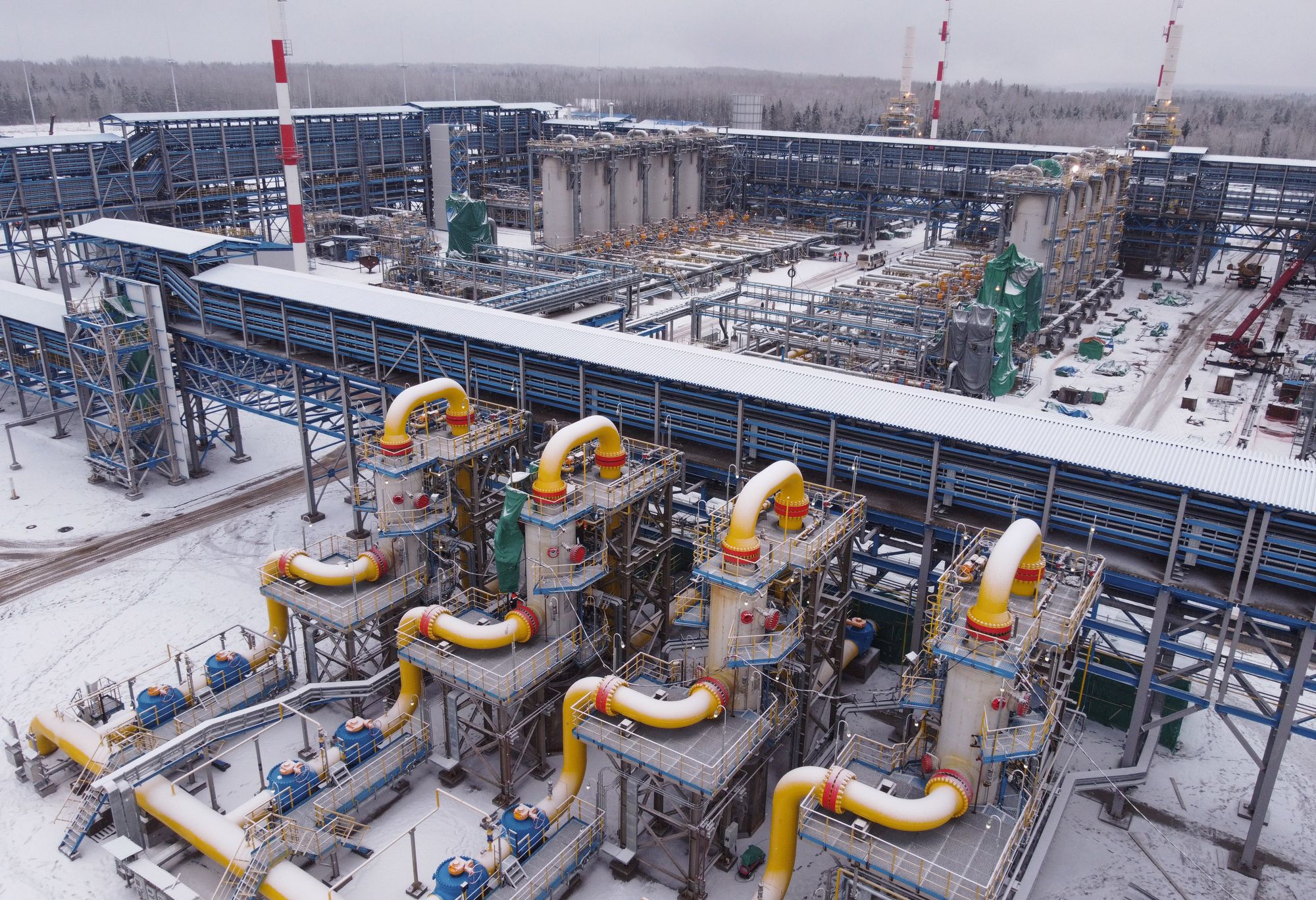Gazprom won't recover losses from full-scale war, report says

The Russian gas giant Gazprom will not be able to recover losses incurred from Moscow's full-scale invasion of Ukraine for at least 10 years, according to a report commissioned by the company.
Western sanctions have increasingly targed the Russian oil and gas industry, whose profits fuel the Kremlin's war machine in Ukraine. The European Union pledged to reduce its dependence on Russian fossil fuels in the wake of the 2022 invasion, leading to a 71% drop in gas imports from 2021 to 2024.
"The main consequences of sanctions for Gazprom and the energy industry are the contraction of export volumes, which will be restored to their 2020 level no earlier than in 2035," the report said.
According to the report, which was submitted to Gazprom executives in November 2023, exports to Europe are expected to average 50-75 billion cubic meters (bcm) annually by 2035, only a third of the gas monopoly's prewar exports.
The forecast is "grim," Elina Ribakova, a senior fellow at the Peterson Institute for International Economics, told the Financial Times.
"Gazprom is at a dead end, and they're very much aware of it," Ribakova said after reading the report.
Gazprom's share of Russia's energy market will continue to fall as liquefied natural gas (LNG) surpasses pipeline gas, the report predicts.
"Because Gazprom, which doesn't have its own proven technology for producing LNG at large capacity, is the only company exporting gas via pipeline and those volumes are decreasing, Gazprom's role in the gas industry is accordingly expected to decrease," the report said.
The report's authors point out that Western sanctions have prevented the company from securing essential technology, such as turbines, as well as key parts and expert labor.
Gazprom hopes that Russia will strike a deal with China regarding the proposed Power of Siberia 2 pipeline, helping to restore the company's exports. The company will also rely on preferential support from the Kremlin in order to maintain its position in the gas market.
Gazprom's revenue fell by 30% last year with a net loss of $6.9 billion, the largest in 25 years.














